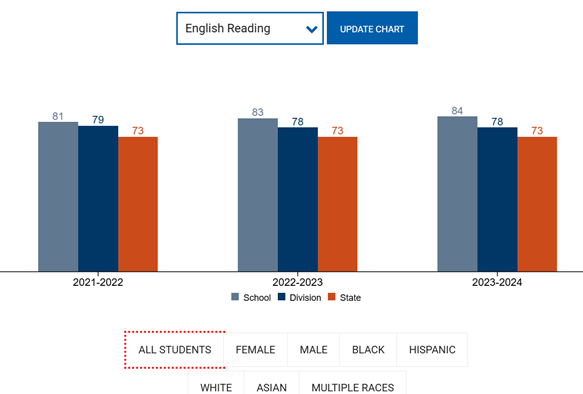Although ChatGPT poses many moral questions, with lots of discussion around it being used for cheating or nefarious purposes, one aspect that often goes undiscussed is its environmental impact.
When asked for a quote about its own effects on our earth, ChatGPT says “As an AI, my impact on the environment is indirect, largely driven by the energy and resources used in data centers. It’s crucial to prioritize sustainability and work towards minimizing this footprint.”
What ChatGPT means by the energy and resources used is mostly water. All computers require cooling when they heat up due to use, however, the servers used for ChatGPT run thousands of calculations per response, generating heat. Water systems are used to cool down these servers, similarly to how our body uses sweat to cool us down.
According to the Washington Post, “One [100-word email] requires 519 milliliters of water, a little more than 1 bottle of water.”
That may not seem like a lot of water, but in reality ChatGPT has over 180.5 million monthly users, so if even half of these users generate emails once or twice a month, it uses over 123,394.766 Gallons of water.
Another comparison by the Washington Post states that “Once weekly [use of ChatGPT) for a year by 1 out of 10 working Americans (roughly 16 million people) requires 435,235,476 liters, equal to the water consumed by all Rhode Island households for 1.5 days.”
Water isn’t the only thing being used excessively by ChatGPT servers, electricity is also consumed at an alarming rate. “One weekly [ChatGPT use] for a year by 1 out of 10 working Americans requires 121,517 megawatt-hours (MWh), equal to the electricity consumed by all D.C. households for 20 days” The Washington Post reports.
The impact of this continued use of water and electricity could have detrimental effects on the environment. On top of daily household usage of water and electricity, water and power plants have to account for the increasing consumption of energy from AI chatbots.
When asking students at West Po if they were aware of AI’s harmful effects on the environment, many were shocked. Junior, Aria Flores says, “I’m actually mortified. The amount of electricity being used is hurting our environment.”
Another Junior, Alex Pastor, comments, “I find it concerning because it’s basically a waste of water. I do feel that scientists should try figuring out a way to cool down the PCs without using water.”
It’s ironic that ChatGPT, an AI chatbot without a brain, can better recognize its own environmental impacts and pitfalls, while humans can’t see it, even when viewing it from the outside.






















































